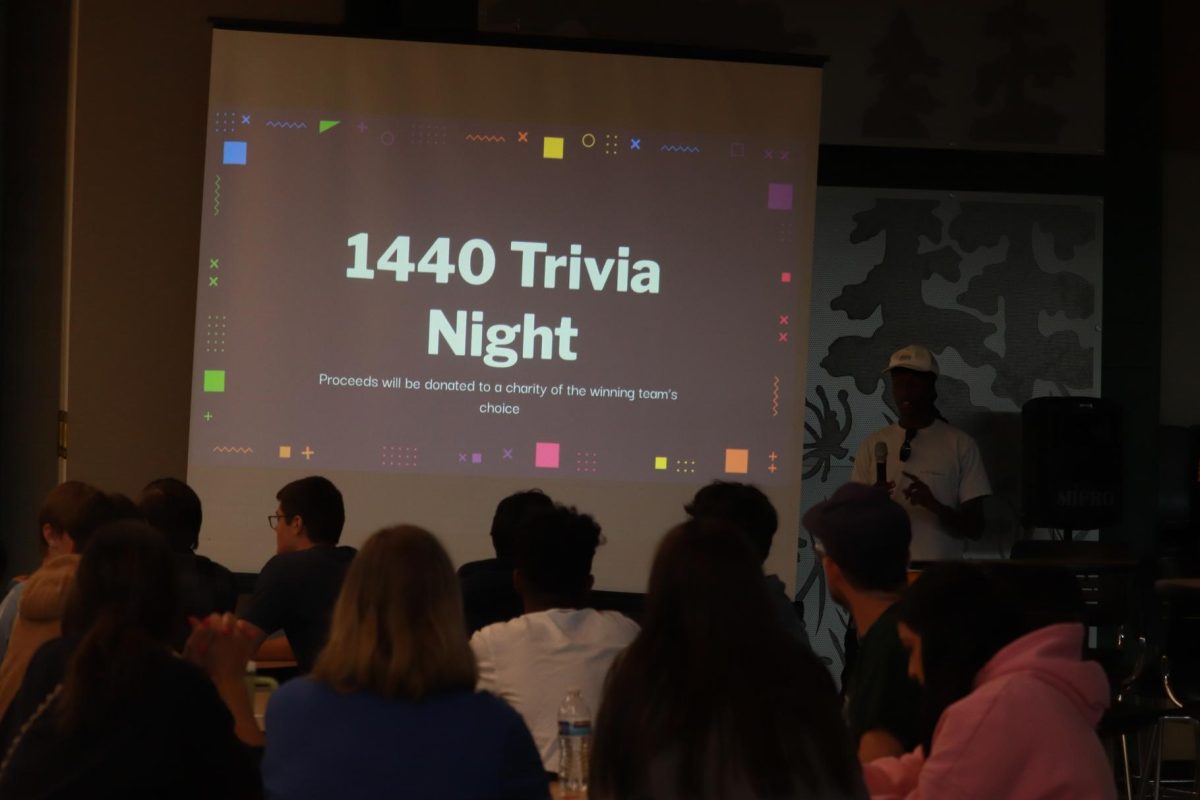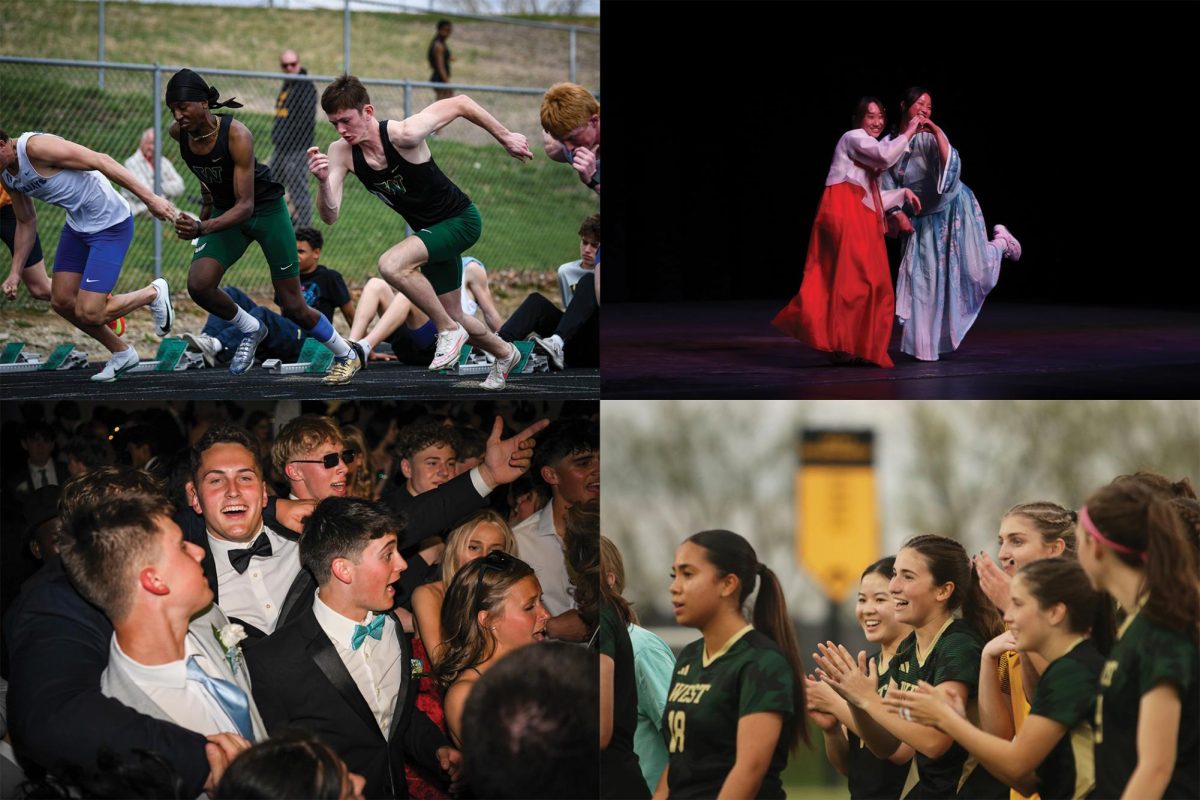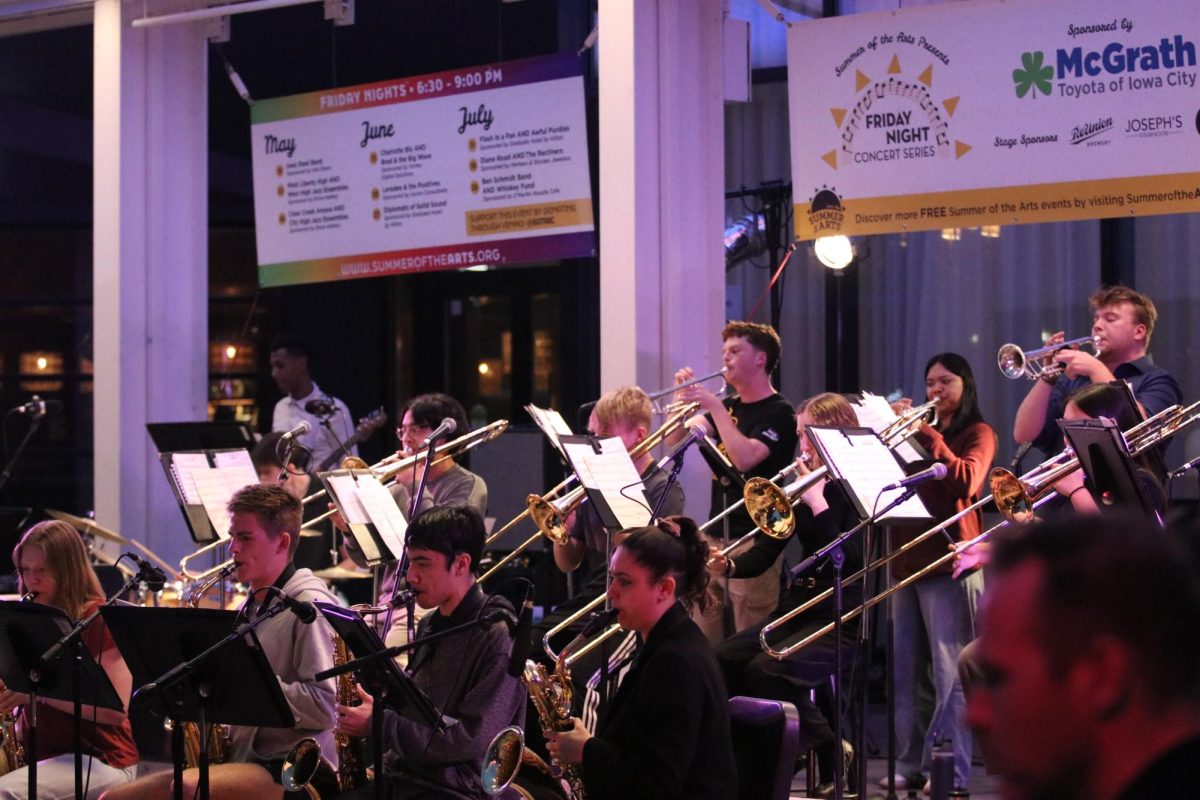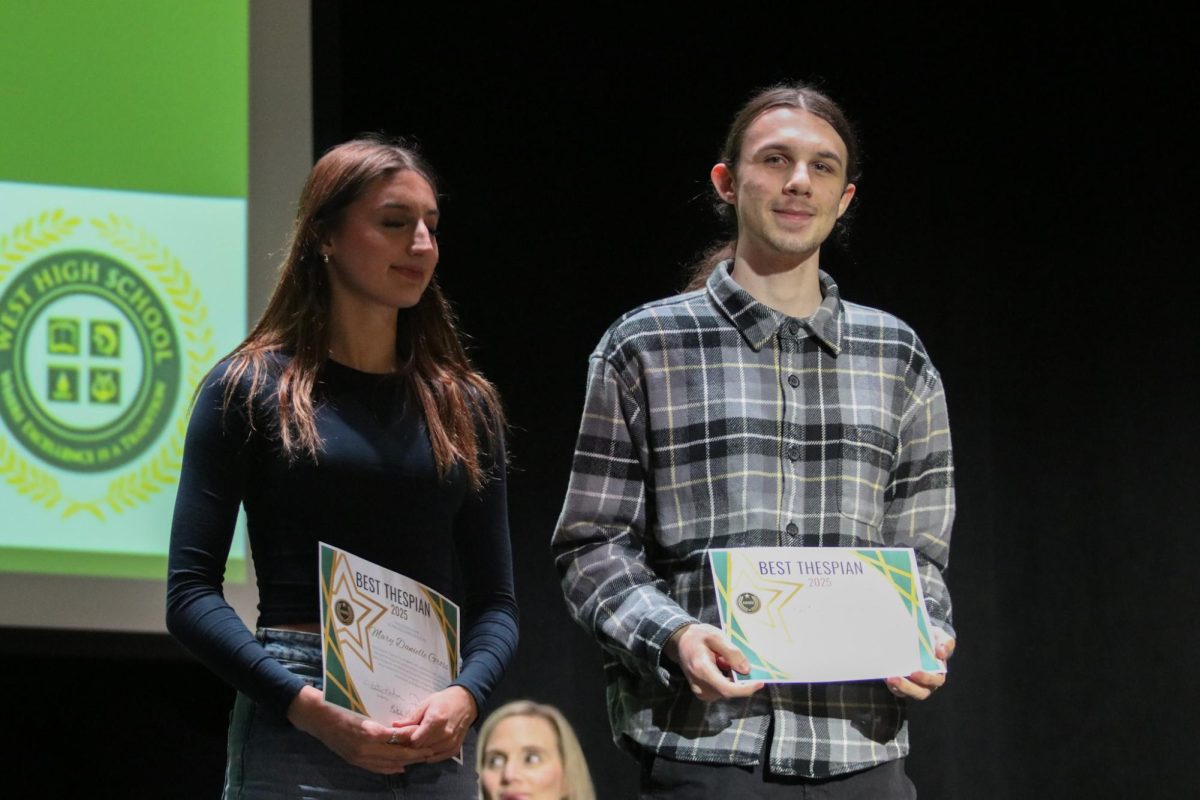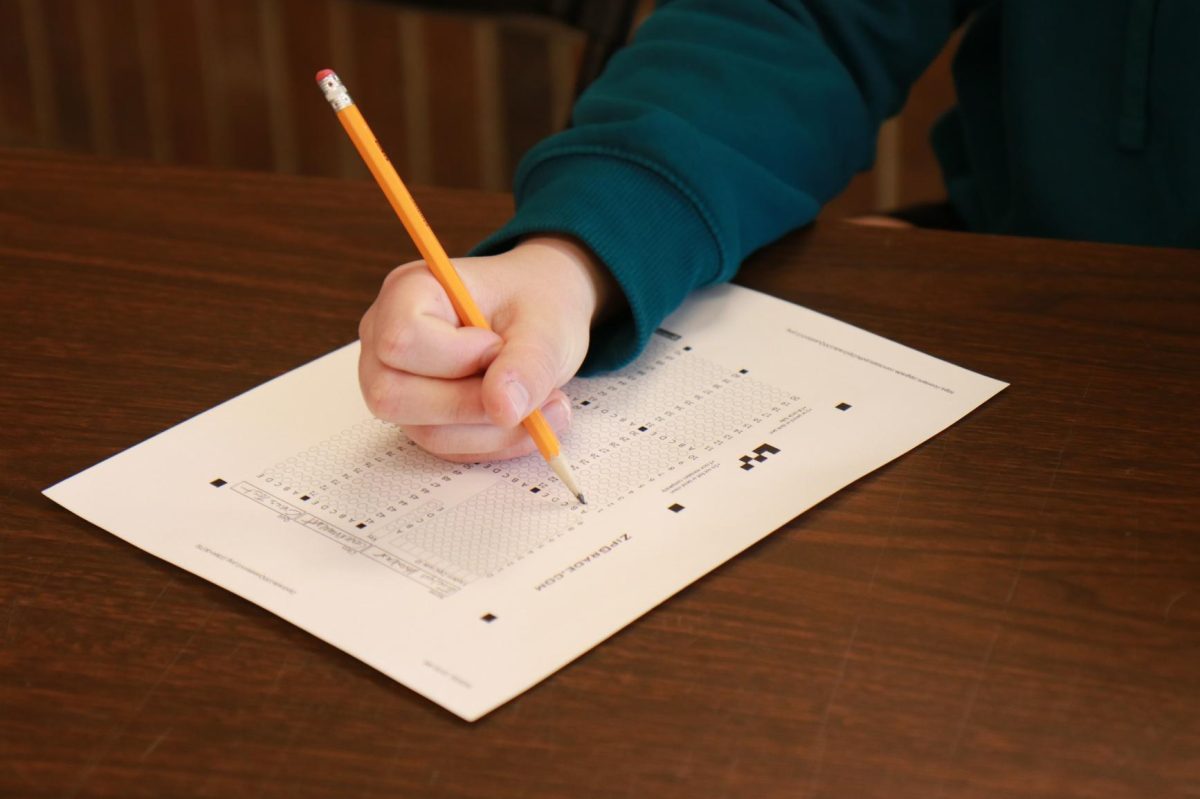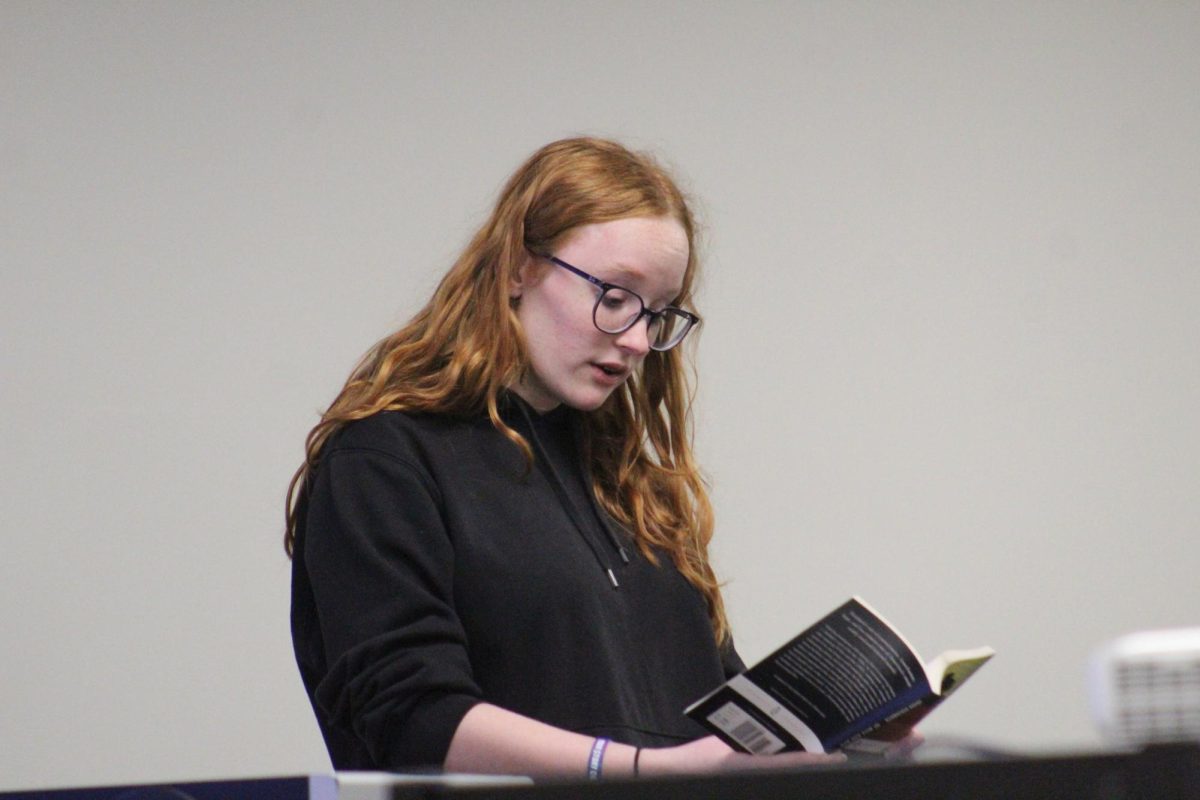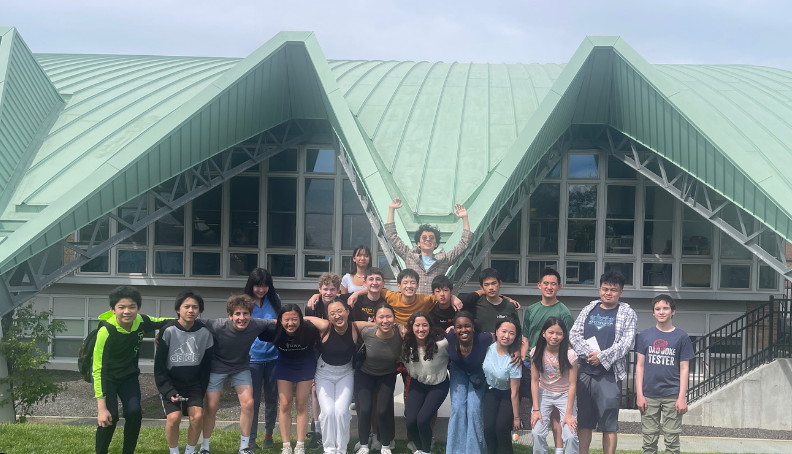
On April 30 Liam Hancock and Jeffrey Ding were two high school students. Then, at about 1:30 in the morning on Tuesday, May 2, they became national champions. After hours of competing, Ding and Hancock, two West High seniors and partners in policy debate, won the Tournament of Champions.
The Tournament of Champions (TOC) was founded 40 years ago by J.W. Patterson, the former director of the University of Kentucky debate program, and has since come to be regarded as the most prestigious debate tournament in the country. Ding and Hancock are the first team from Iowa to make it to finals, let alone win.
Debate partnerships must qualify to even attend the TOC. Debaters earn “bids” by reaching elimination rounds at designated national tournaments throughout the year. You need two to qualify. Ding and Hancock had nine.
The partnership went undefeated in the TOC’s seven preliminary rounds and entered elimination rounds as the top seed – and they proceeded to continue their winning streak all the way through finals.
“We’re incredibly proud, obviously. This is the tournament of all tournaments. … They’re incredibly smart, hardworking and have the drive to compete and win. And it helps that they’re really good friends,” said policy debate coach Melanie Johnson.
For Ding and Hancock it was the defining moment of a high school career dedicated to debate.
“I kept feeling like we had messed up and lost the TOC. I kept almost losing in rounds and then surviving. When we won finals, I just thought ‘it can’t be taken away now,’” Hancock said.
Ding, too, felt overcome with simultaneous relief and exhilaration.
“Before the [final round] decision, I was really stressing out because I hadn’t given the best [speech], but Liam gave the most amazing 2NR [final speech]. … When we found out we won, it was as if nothing existed but that moment,” Ding said.
Before the tournament, the pair had already set their sights on finals, and knew they were competitive on the national circuit, but Johnson explained that it’s very rare for a public high school to win the TOC, especially one whose team was rebuilt just four years ago by the Johnsons. Often the most competitive teams come from wealthy private schools with extensive networks of alumni.
Johnson attributed the win to the unique abilities of the partnership. She called Ding “one of the smartest people I know and will ever encounter,” and said that Hancock “is incredibly confident and able to convince people, if he’s determined, that black is white.”
The debaters also attributed their success to the relentless support of their coaches and the rest of the policy team, working tirelessly alongside Ding and Hancock to find new evidence – and to encourage them every step of the way.
“We spent two days just prepping in Kentucky, and I started freaking out and thinking, we’re going to lose, we’re not even going to break, and the team sent us picture messages of boards they decorated for us, sweet emails pumping us up and they kept checking in and encouraging us after every round,” Hancock said .
In fact, in every elimination round, Ding and Hancock faced opponents who were also friends from the debate community – and were up against a team they knew well in the final round. Hancock said that this year’s final debate, usually tense and borderline hostile, was unprecedented in its civility.
“We would go over to ask the other team what arguments they were running and then stop and hug and congratulate each other on finals. Here we were just happy to be debating each other,” Hancock said.
“There are some people who will do anything to win. A lot of the compliments [to Ding and Hancock] have been that you couldn’t find two nicer kids to win. They win with dignity,” Johnson said.


